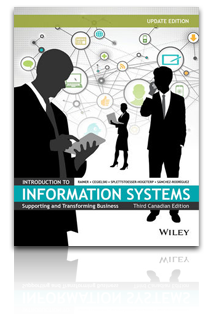Description: When Newt Gingrich said in a recent debate that he was a man of “grandiose” ideas, Mitt Romney’s campaign pounced. It sent mocking Twitter messages with a hashtag, “#grandiosenewt”, encouraging voters to add their own examples of occasions when they felt Mr. Gingrich had been “grandiose.”
Source: nytimes .com
With 100 million active users, more than 10 times as many as in the 2008 election, Twitter has emerged as a critical tool for political campaigns, allowing them to reach voters, gather data and respond to charges immediately. But like most new media tools, it also carries danger for the campaigns. It can quickly define the political debate, whether candidates like it or not, and a single 140-character missive can turn into a nightmare.
“Twitter has changed the whole way that politics works,” said Teddy Goff, the digital director of President Obama’s re-election campaign. “Not just the press element, but the organizing element and the fund-raising element and the relationship building that all campaigns try to do.”. Read Rest of Story
Questions for discussion:
- What are the biggest effects of Twitter in the Presidential campaign?
- Can Twitter be a source of competitive advantage? Why or Why not?









